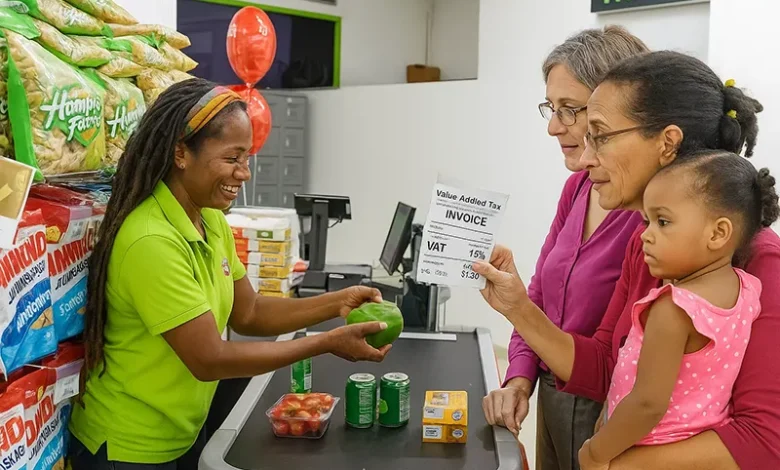Value Added Tax (VAT) in Dominica

Value Added Tax (VAT) in Dominica was officially implemented on March 1, 2006, replacing several indirect taxes including consumption tax, sales tax, and entertainment duties. The transition was guided by the Value Added Tax Act of 2005, a legal framework introduced to modernize the tax system and broaden the revenue base for public services. The VAT system falls under the management of the Inland Revenue Division and was part of a broader tax reform effort supported by technical assistance and regional consultations.
VAT Structure and Standard Rates in Dominica
The standard VAT rate in Dominica is 15 percent, applied to most goods and services consumed locally. However, a reduced rate of 10 percent applies to accommodations in the tourism industry, particularly hotels and diving services, to support competitiveness and encourage visitor spending. This rate distinction was designed to foster growth in the hospitality industry while maintaining stable revenue flows.
To protect low-income households, Dominica’s VAT framework includes both zero-rated and exempt categories. Zero-rated items are taxed at 0 percent, allowing businesses to claim input tax credits. These typically include essential goods such as basic food, fuel, and medical supplies. Exempt items, by contrast, are not taxed and do not permit any input credit recovery. Exempt items include residential rent, financial services, educational fees, and medical care.
Registration Requirements and Compliance
VAT registration is mandatory for businesses whose annual taxable turnover exceeds EC$250,000. For service providers in tourism, specifically hotels and dive operators, a lower threshold of EC$62,500 applies. Once registered, businesses must charge VAT on taxable supplies, maintain proper accounting records, and file VAT returns monthly. Returns must be submitted by the 20th of the month, and any VAT due must be paid simultaneously.
To comply, businesses must calculate their net VAT liability by subtracting input tax (VAT paid on business-related purchases) from output tax (VAT collected on sales). This credit-invoice method helps prevent cascading taxation and supports transparency throughout the supply chain.
Economic Impacts and Sectoral Adjustments
VAT significantly reshaped Dominica’s revenue system. In its first full fiscal year of operation, VAT collections accounted for a substantial share of government income, offering a more consistent and reliable revenue source than the patchwork of taxes it replaced. Its introduction also led to greater pricing clarity in consumer markets.
However, some businesses, especially small enterprises in agriculture and construction, faced difficulties adjusting to the VAT system’s recordkeeping and filing demands. This prompted government-led workshops and guidance through the Inland Revenue Division to support compliance, especially during the transitional years of 2005–2007.
Tourism operators benefited from the reduced rate but faced the complexity of filing within a dual-rate system. In the retail sector, price adjustments following the introduction of VAT led to some public concerns, particularly regarding the cost of household staples, which the government mitigated by zero-rating basic goods.
Administration, Audits, and Digital Improvements
The Inland Revenue Division enforces VAT compliance through audits, education campaigns, and coordination with Customs to track taxable imports. Businesses that fail to register or submit timely returns may face fines, interest charges, and further investigation. Common audit triggers include inconsistent filings, missing invoices, or incorrect claims for input credits.
Efforts to digitise VAT administration have advanced steadily. E-filing portals have been introduced, allowing businesses to submit returns and make payments online. The government has also piloted electronic invoicing and digital training sessions to simplify the VAT process and reduce administrative burdens. These steps form part of a broader modernisation strategy to strengthen tax compliance while reducing business friction.
Prospective Policy Developments
There have been ongoing discussions about refining VAT policy to align with fiscal priorities and ease consumer burdens. In 2025, a review committee proposed a potential 1–2 percent rate adjustment to balance fiscal needs against inflationary pressures, but no formal increase has been implemented. As Dominica strengthens its economic recovery efforts, VAT remains a critical tool in maintaining public revenue while promoting transparency and efficiency in the tax system.




